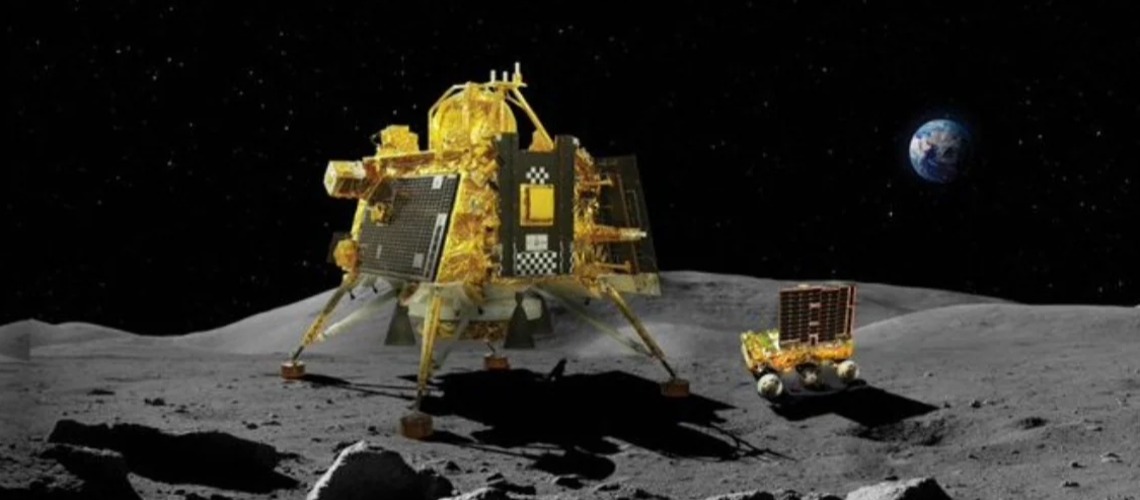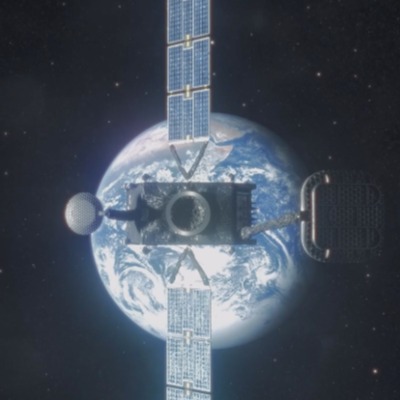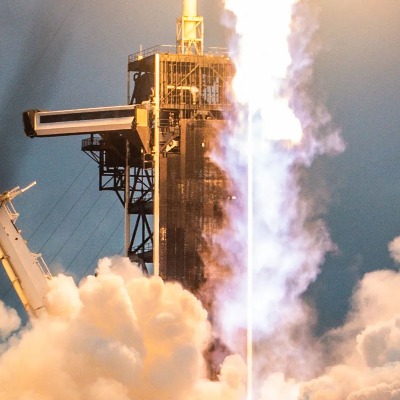Moon Landing Success With A Shadow: Japan's 'Moon Sniper' Struggles With Solar Power

Jubilation mingled with concern as news emerged from Japan’s Space Exploration Agency (JAXA): The “Moon Sniper”, the nation’s first lunar lander, successfully touched down on the lunar surface, but its onboard solar panels are failing to generate sufficient electricity. This technical hiccup casts a shadow over the otherwise landmark achievement, raising questions about the lander’s ability to fulfill its scientific mission.
The touchdown, witnessed live by millions across Japan, marked a crucial moment for the nation’s space program. The Moon Sniper, nicknamed for its precise landing technology, successfully navigated the treacherous lunar terrain and landed within 100 meters of its designated target.
However, soon after the celebration began, JAXA officials revealed a concerning development: the lander’s solar panels, crucial for providing power during the lunar day, are not performing as expected. Initial assessments indicate they’re generating only a fraction of the needed electricity, raising concerns about the lander’s ability to fully function and complete its missions.
“While the landing itself was a remarkable success, the solar panel issue presents a significant challenge,” admitted Shin Toriumi, a JAXA official, at a press conference. “We are urgently working to understand the cause of the problem and explore potential solutions.”
Experts speculate the issue could be due to dust accumulation on the panels, unexpected micrometeoroid impacts, or even an unforeseen manufacturing defect. JAXA engineers are analyzing telemetry data and considering deploying the lander’s secondary battery, intended for the lunar night, to extend its operating time.
Despite the setback, the scientific community remains optimistic. The Moon Sniper carries instruments designed to analyze lunar rocks and search for water ice, vital findings for advancing our understanding of the Moon’s history and potential resources.
“Even with limited power, the Moon Sniper can still carry out valuable scientific measurements,” asserted Dr. Yumiko Nakamura, a renowned lunar geologist. “Analyzing collected rock samples and studying the lunar surface composition are crucial steps, regardless of the power source.”
The “Moon Sniper” mission underscores the complexities and challenges inherent in space exploration. While JAXA faces an uphill battle to get the lander operating at full capacity, the successful landing itself marks a significant milestone for Japan’s space program. As engineers scramble for solutions, the world watches with a mix of pride and concern, hoping for a happy ending to this lunar chapter.




